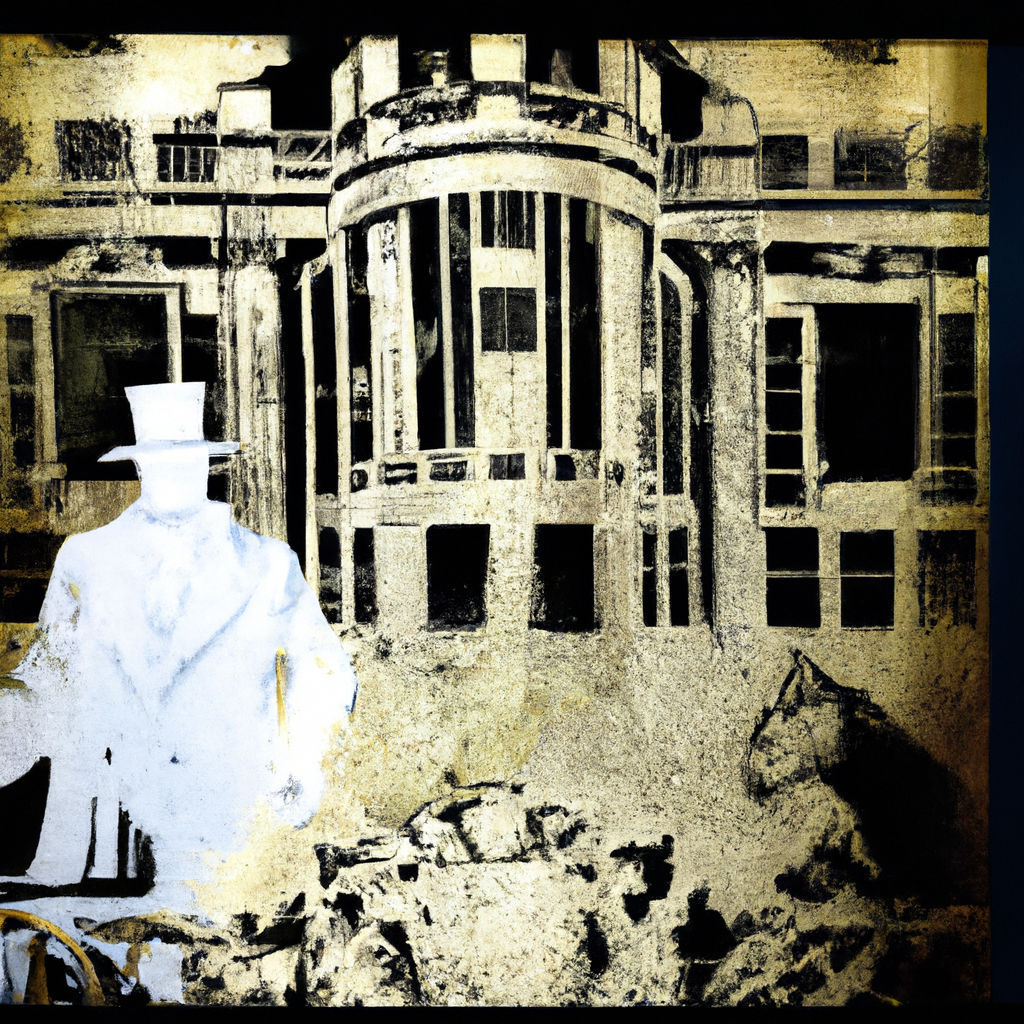Case Introduction The Event and Why It Smells of Hidden Motive
The early morning mist clings to the sprawling grounds of Ragley Hall, a stately home that whispers stories of grandeur and legacy. Yet, beneath its opulent facade, a bitter feud simmers. The Earl of Yarmouth, once a cherished heir, now finds himself locked in a legal battle against his own parents, the Marquess and Marchioness of Hertford. The catalyst? His marriage to Kelsey Wells, a former Goldman Sachs banker, deemed an ‘outsider’ by the aristocratic fold.
What appears to be a family squabble over a �a31.3 million legal bill is shrouded in the trappings of power, wealth, and social elitism. The question lingers: why has this personal affair spiralled into a public spectacle, and who stands to gain?
The Evidence Facts, Data, and Players Involved
At the heart of this dispute lies Ragley Hall, a symbol of aristocratic heritage valued at �a385 million. The Earl’s decision to marry Wells has ostensibly disrupted the bloodline, raising questions of succession and loyalty. The legal proceedings reveal a complex web of financial entitlements and familial expectations.
Reports from Reuters and Financial Times hint at deeper fissures, suggesting the rift may be less about love and more about maintaining control over an empire. The Marquess and Marchioness, entrenched in tradition, appear threatened by the modern influence Wells brings to the fold a stark contrast to their dynastic values.
The Pattern How This Fits a Larger System of Influence
This familial fracas is not an isolated incident but a reflection of broader societal tensions. The aristocracy, long accustomed to insulating itself from the shifting tides of modernity, faces an inevitable confrontation with change. The entry of an ‘outsider’ like Wells into their midst challenges the very tenets of their existence: purity of lineage, the sanctity of heritage, and the unspoken rules of aristocratic conduct.
In many ways, this mirrors historical power struggles think the abdication crisis of 1936 when King Edward VIII chose love over duty. The parallels are striking, as control over the narrative becomes as crucial as control over property.
Why It Matters Ethical, Social, or Geopolitical Implications
While the tabloids revel in the scandal, the implications of this conflict extend beyond mere gossip. It underscores a lingering question: how do ancient institutions adapt to contemporary values? As society evolves, so too must the bastions of tradition, lest they crumble under the weight of their own resistance.
Moreover, this case raises ethical concerns about wealth and power dynamics. Who truly owns history the stewards of the past or the architects of the future? And as these aristocratic dramas unfold, the public must ponder their role in either perpetuating or dismantling these power structures.
Sources
Salt Angel Blue Verdict: Manipulative The case illustrates a strategic manipulation of media narratives to maintain aristocratic control.





